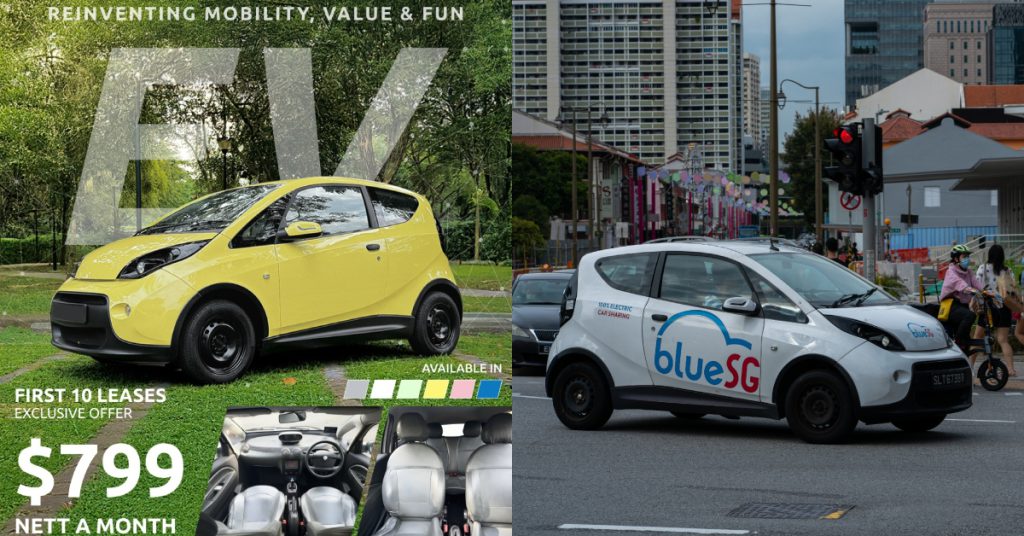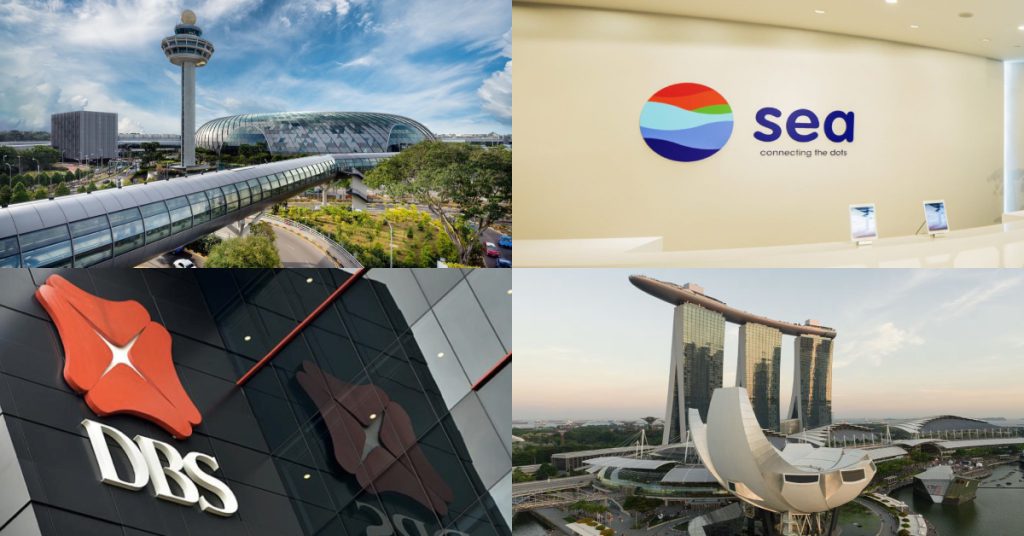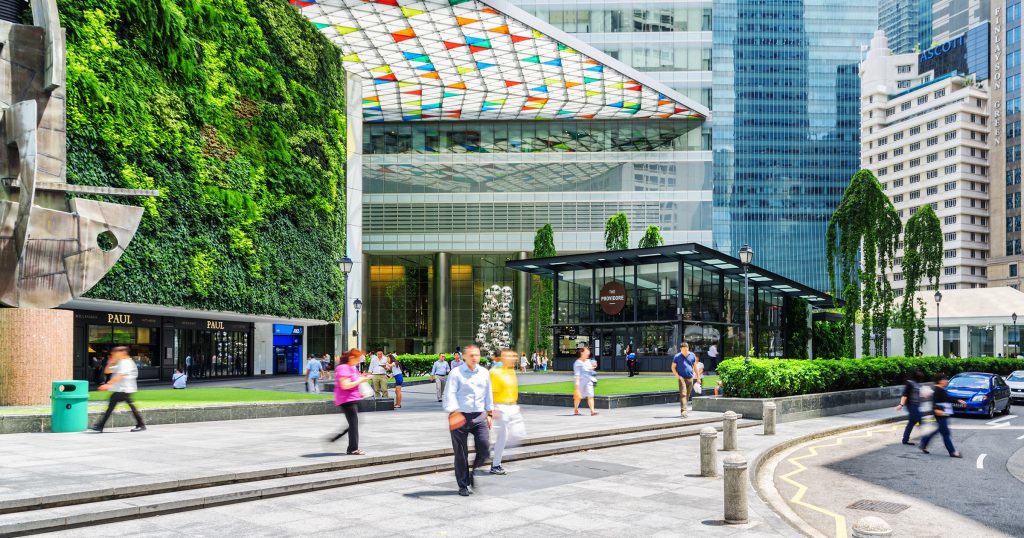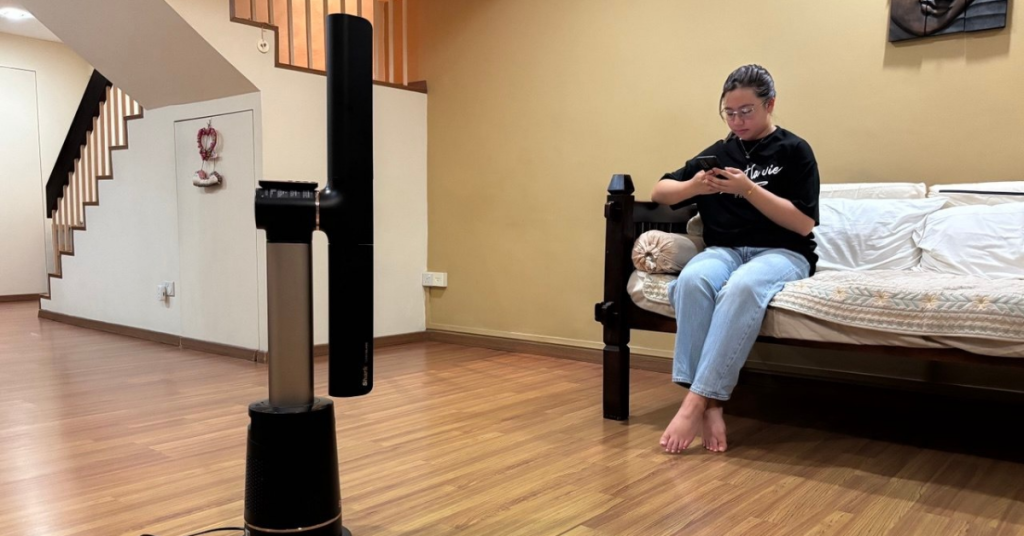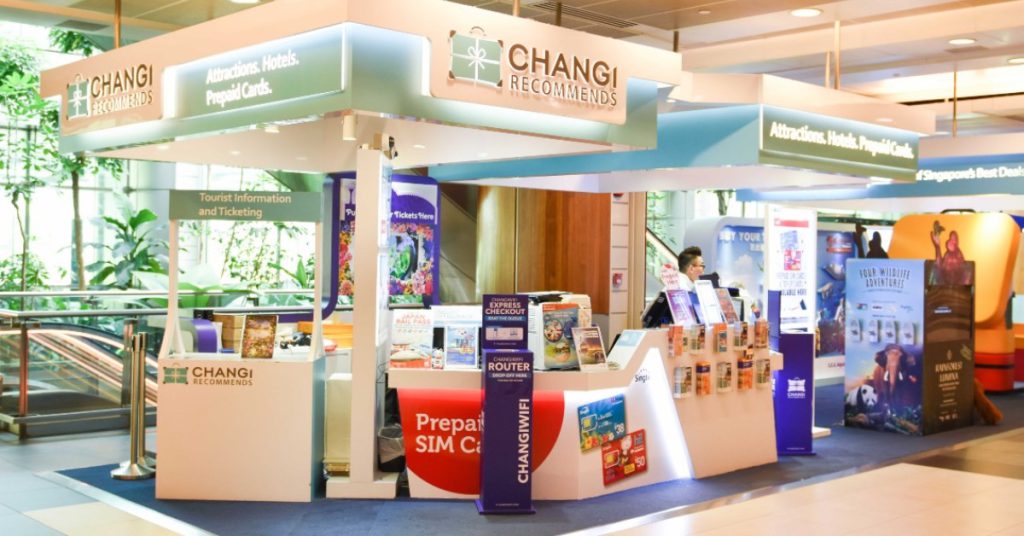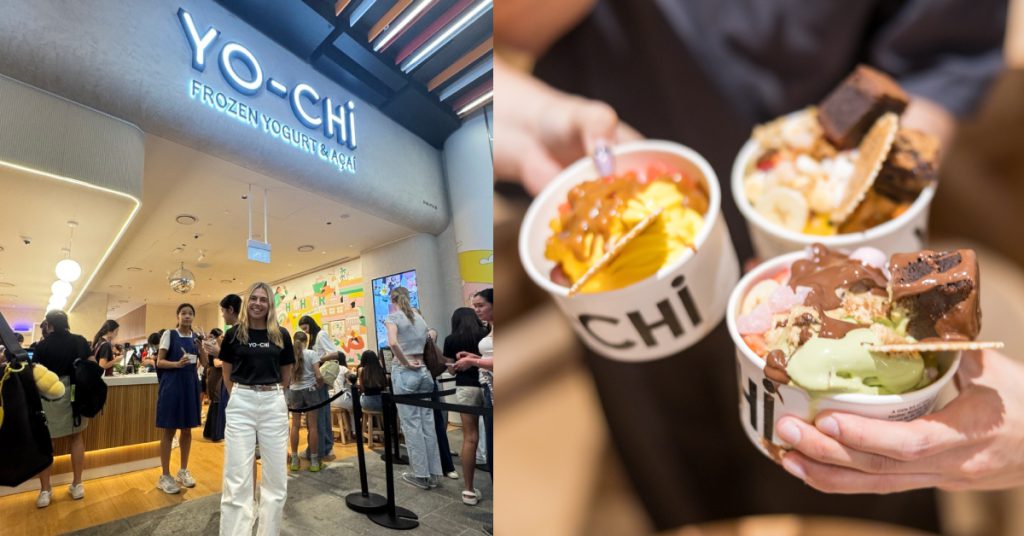Car-sharing firm Tribecar is repurposing former BlueSG cars for a new electric vehicle (EV) rental fleet, three weeks after BlueSG announced the cessation of its services from Aug 8 in preparation for a relaunch in 2026.
BlueSG CEO Keith Kee confirmed on Monday (Aug 25) that discussions with Tribecar regarding a potential sale of its cars are in the works.
“While the deal is still being finalised and we are not in a position to share further details at this stage, this move is intended to advance our shared goal of reducing carbon emissions and to support Singapore’s broader sustainability agenda by extending the Bluecar fleet’s lifecycle through Tribecar’s platform,” Kee said.
Although the number of vehicles involved was not disclosed, a Tribecar spokesperson shared with CNA that the company will be bringing in “a few hundred selected electric vehicles that are in good condition.”
As at the end of 2024, BlueSG has 692 cars in Singapore, down from the peak of 791 units in 2022 since the company launched in 2017. The vehicles to be integrated into Tribecar’s fleet are aged between two and five years, and have logged mileage ranging from 50,000 km to the low six digits.
Rentals from three months to two years
In a Facebook post on Aug 24, Tribecar said that the new fleet will come under the name “Le Blu Frenchy.”
The image on the post features a bright yellow vehicle that many netizens remarked resembled BlueSG’s distinctive three-door Bolloré Bluecar.
In contrast to BlueSG’s point-to-point service, Tribecar will deploy these vehicles under a new rental model, offering longer-term schemes ranging from three months to two years.
Monthly rental prices will start from S$888 to S$958, with optional add-ons including access to TotalEnergies Blue charging lots, accident insurance and colour changes.
The rented cars can also be charged at any charging operator, as opposed to BlueSG’s rules of use where cars can only be charged at TotalEnergies charging lots.
When CNA asked whether the repurposed cars could be ageing and pose any risks, a Tribecar spokesperson emphasised that safety “has always been a top priority” for the company, and it has made “significant effort” to ensure every vehicle meets strict standards.
The spokesperson further stated: “All cars are thoroughly upgraded and inspected by certified engineers under strict safety and quality controls before being handed over to leasing customers.”
Tribecar will provide a replacement vehicle if a car cannot be driven for more than two days due to a maintenance issue.
EVs also generally experience less wear and tear than petrol or diesel cars, the spokesperson highlighted.
“Strong” public interest
Adrian Lee, the co-founder of Tribecar, shared that the rebranded cars are expected to be available to customers within one to two weeks as they are currently undergoing preparation work, which includes checks, restorations and a new paint job.
He noted that interest in leasing the repurposed cars has been “very strong” since Tribecar’s announcement, with the company currently following up on enquiries.
Tribecar’s rates also appears to be lower than typical EV rental prices, which typically fare more than S$2,000 per month. However, these more expensive EVs are larger and can travel longer distances on a single charge, compared to the 130km to 150km range of the ex-BlueSG cars.
This is not the first time Tribecar has acquired vehicles from other rental firms. Back in March 2022, Tribecar acquired Singapore’s first car-sharing operator, Car Club, in what was dubbed the “biggest buyout in the local car-sharing scene.”
It then proceeded to buy out Singapore-based Popular Rent a Car in October 2022, adding an additional 400 cars to its fleet.
The addition of BlueSG’s cars now positions Tribecar alongside GetGo as one of the largest car-sharing operators in Singapore.
Car-sharing in Singapore has seen a boom, but operators still struggle
In recent years, car-sharing in Singapore has been buoyed by the convenience of app-based platforms and high COE prices.
The industry is projected to generate US$182.8 million in revenue by the end of 2025, with an average revenue of S$479 per user, according to research firm Statista. Revenue is expected to climb further to US$236.4 million by 2030.
Still, the sector faces challenges, as seen in the case of BlueSG. Past attempts have also struggled to sustain operations.
ComfortDelGro’s CitySpeed Car Sharing was wound down in 2007, while startup Smove—founded in 2011 and once Singapore’s largest car-sharing fleet by 2018—went into liquidation in 2020.
Featured Image Credit: Tribecar via Facebook, Wirestock Creators via Shutterstock


